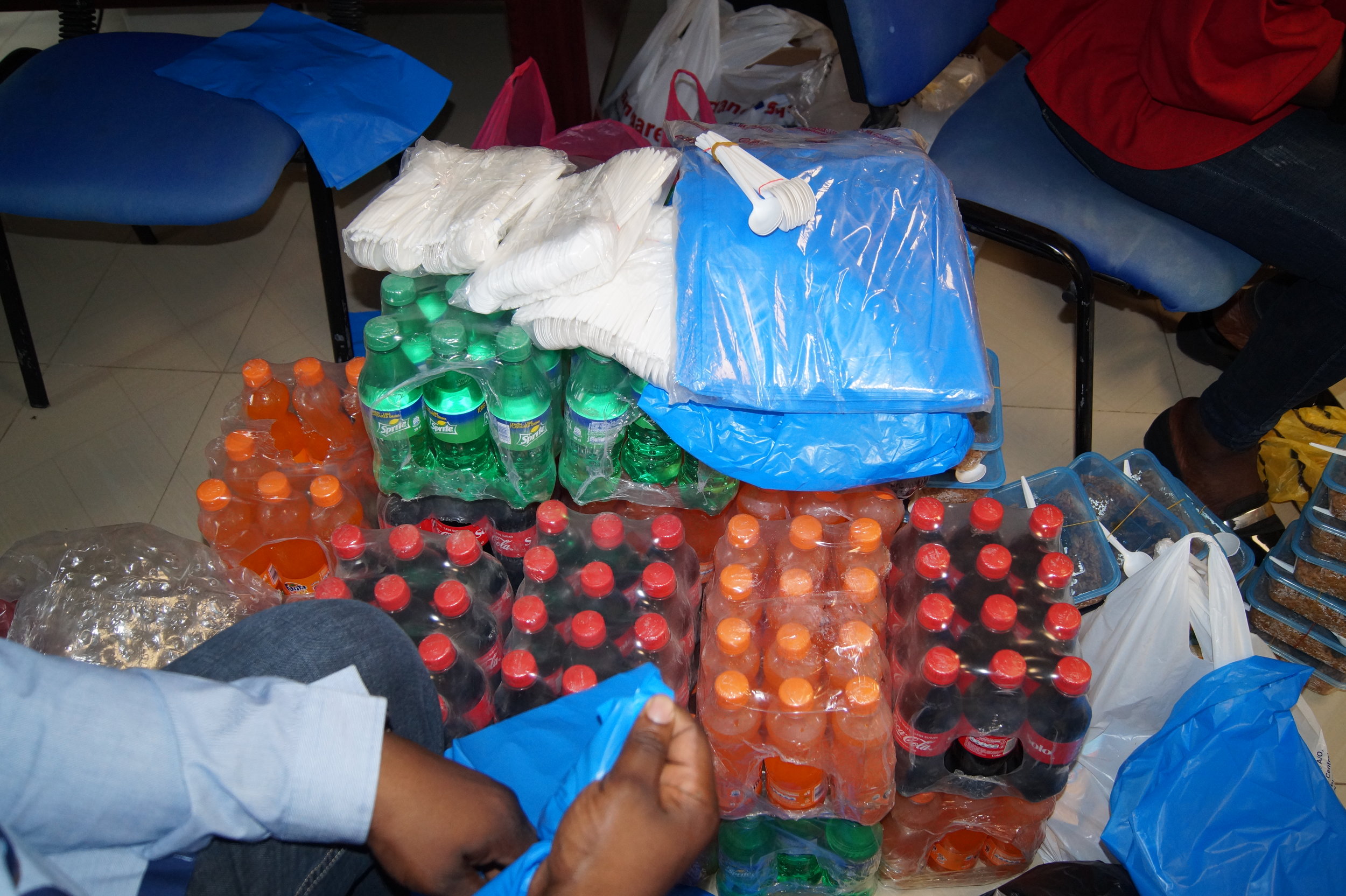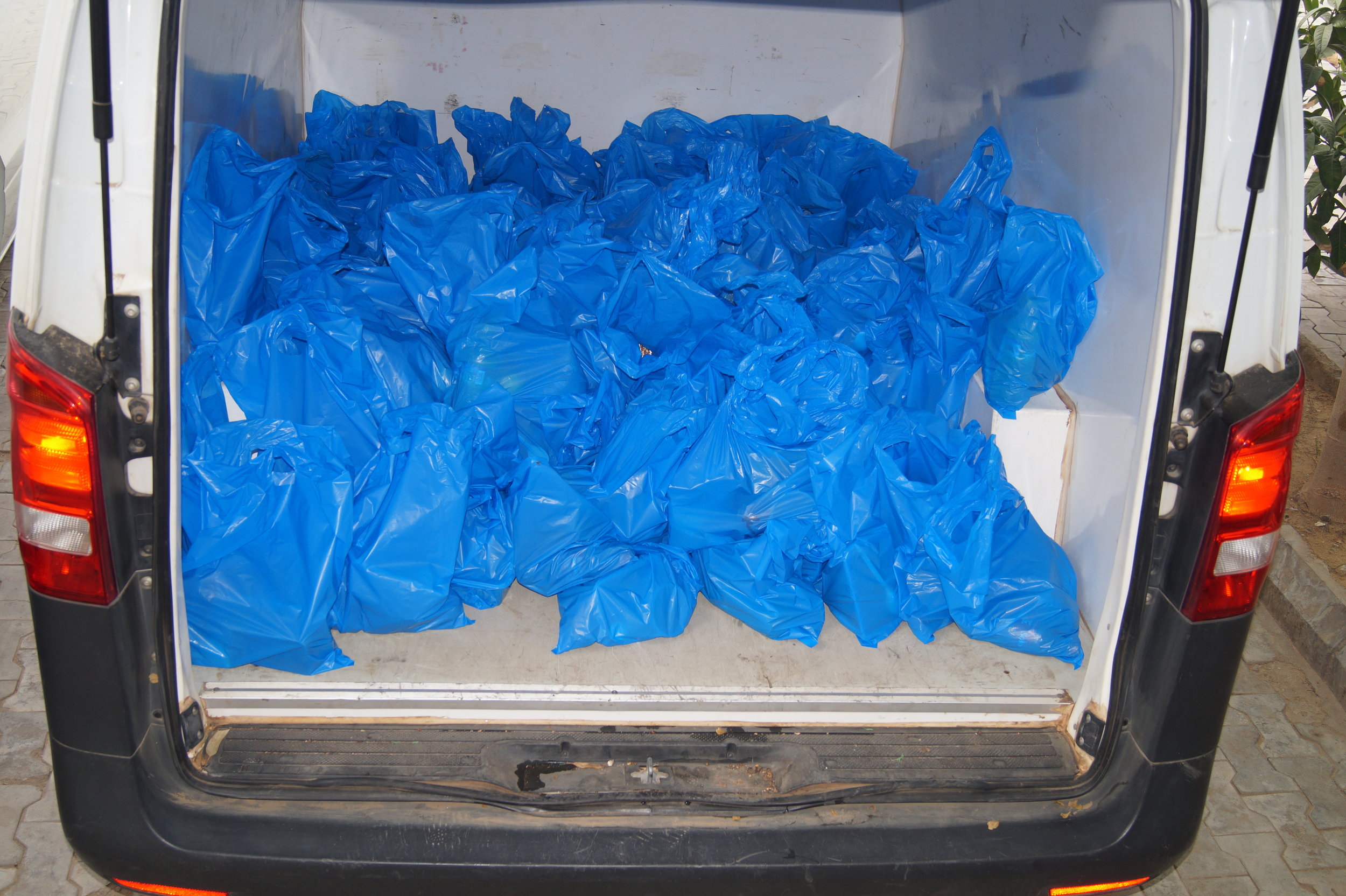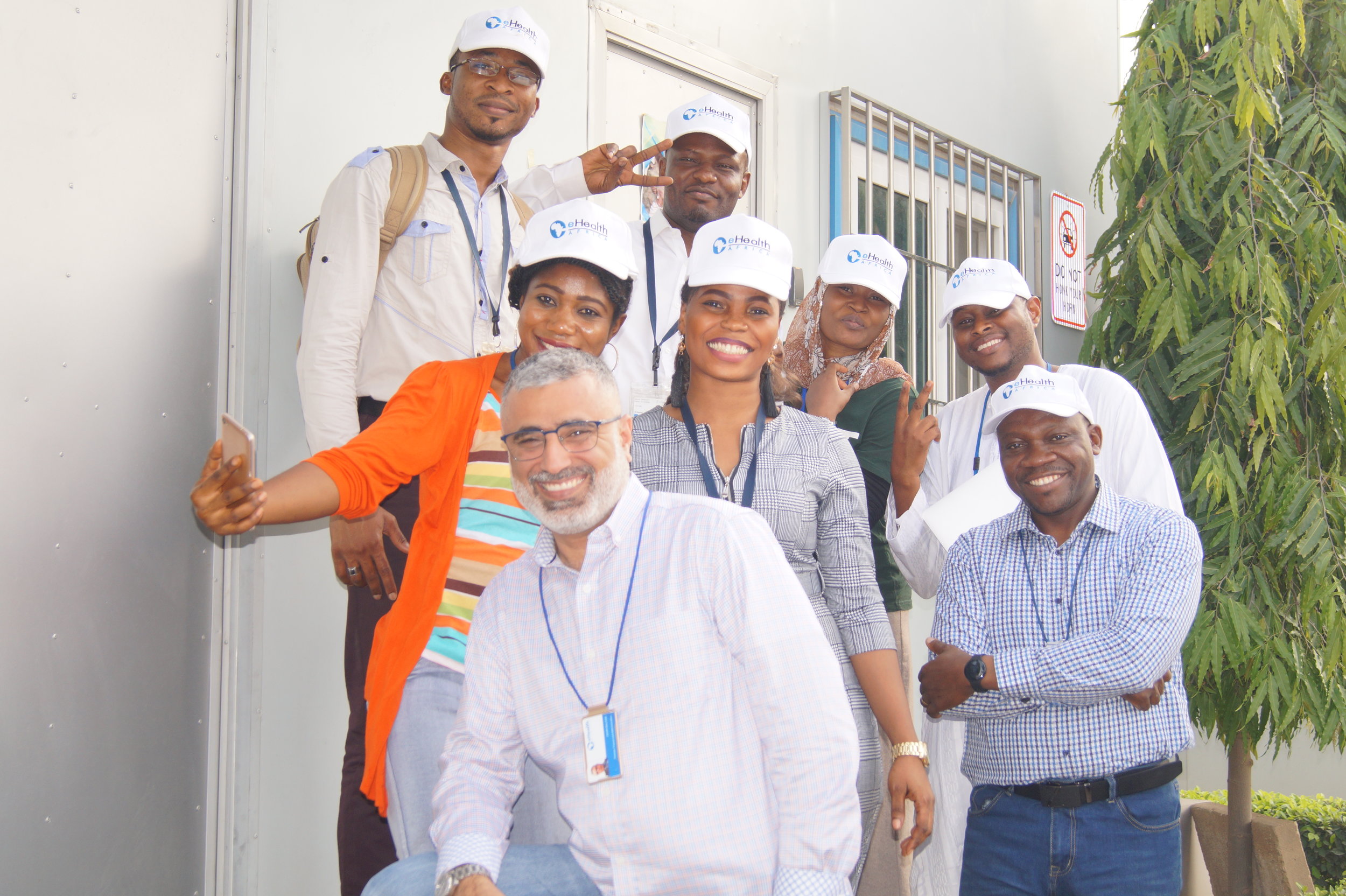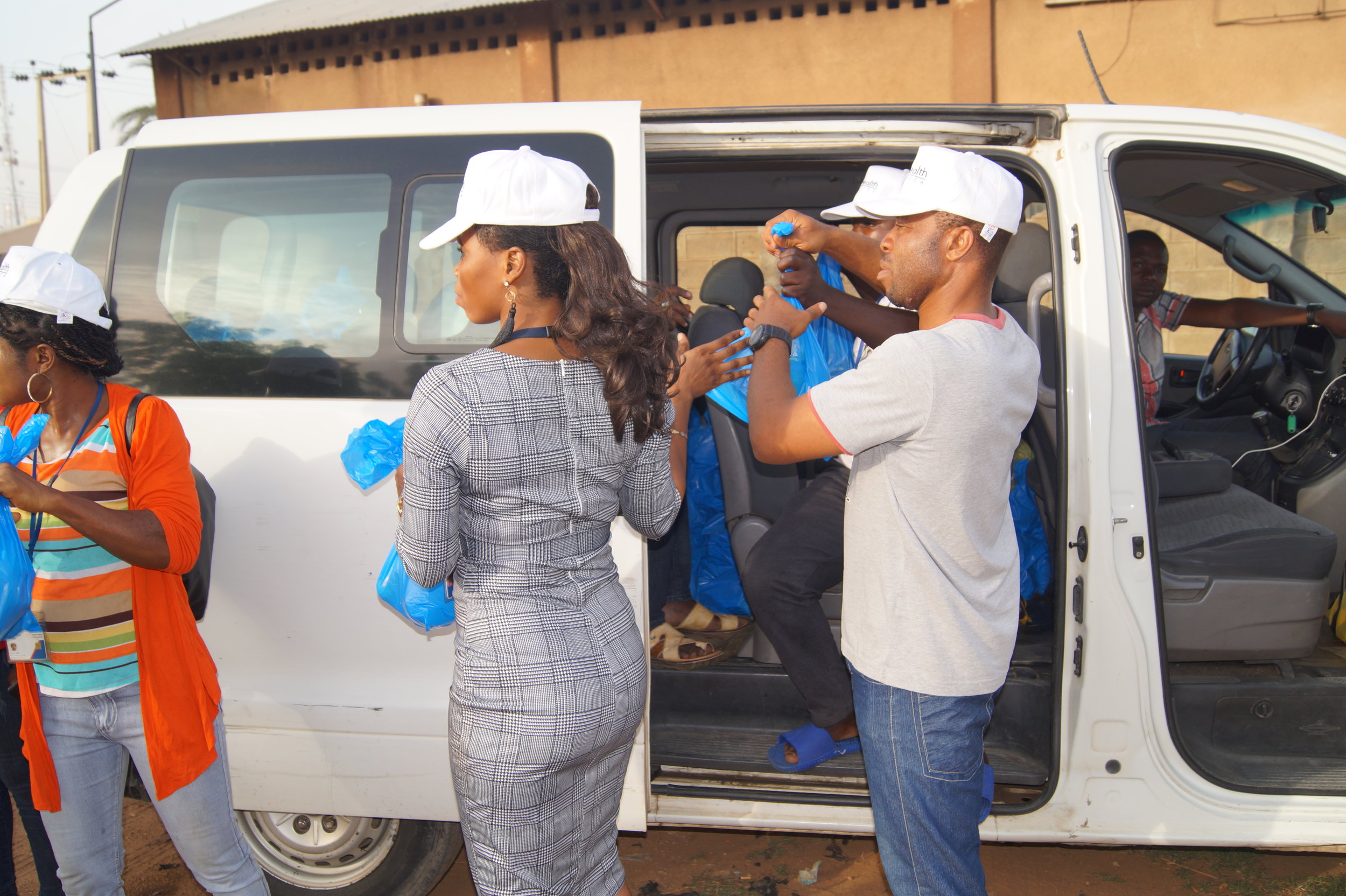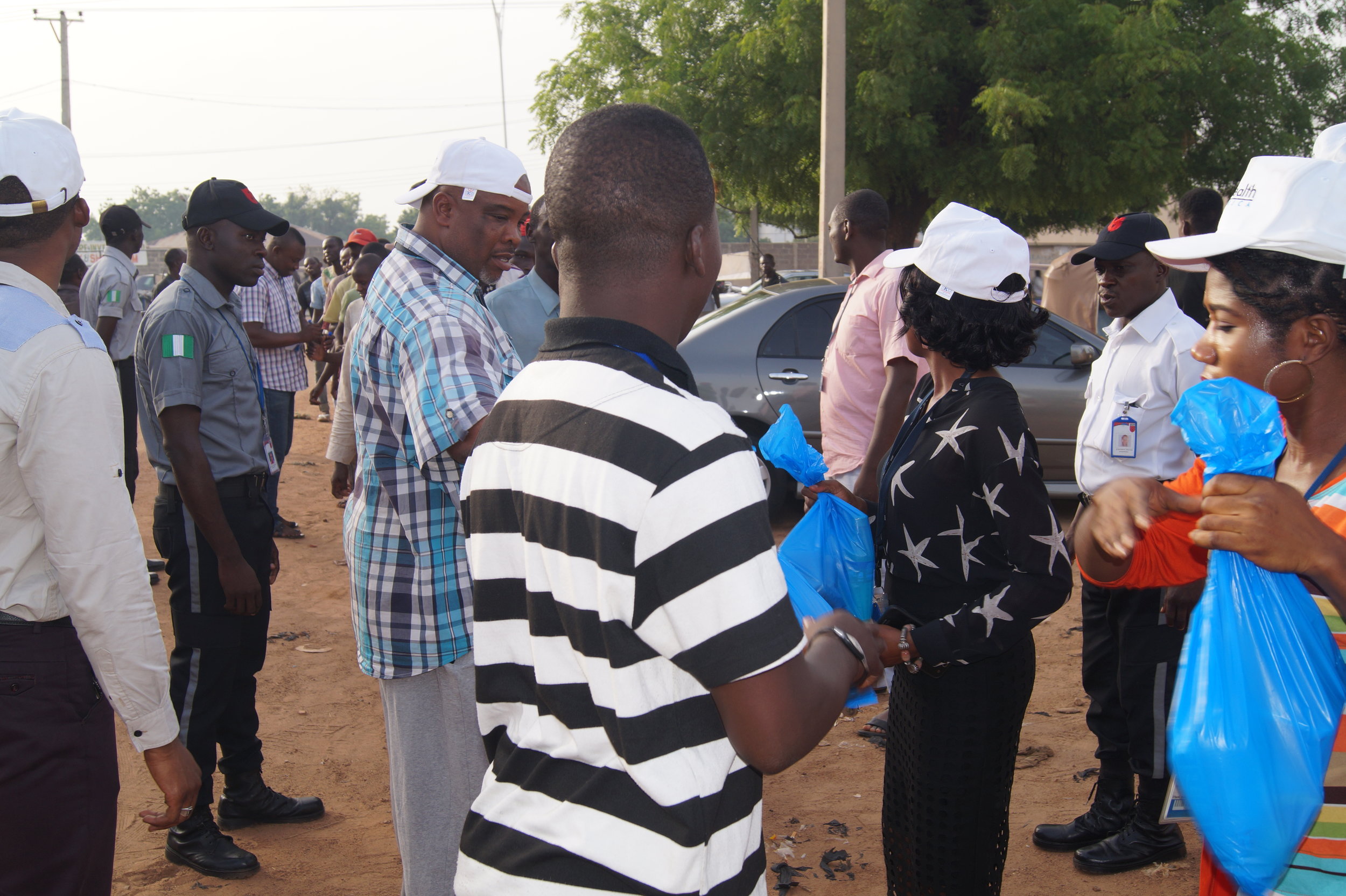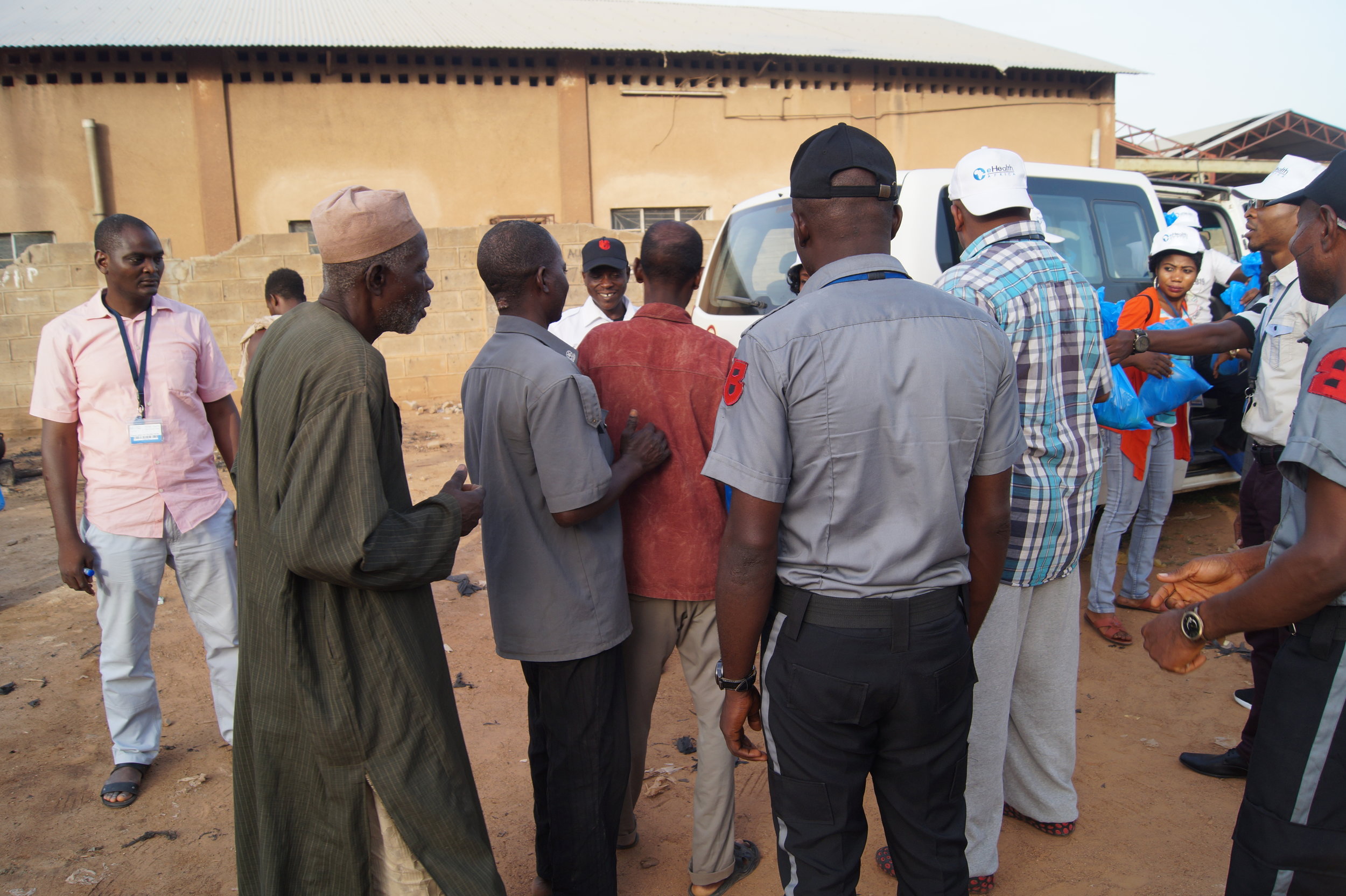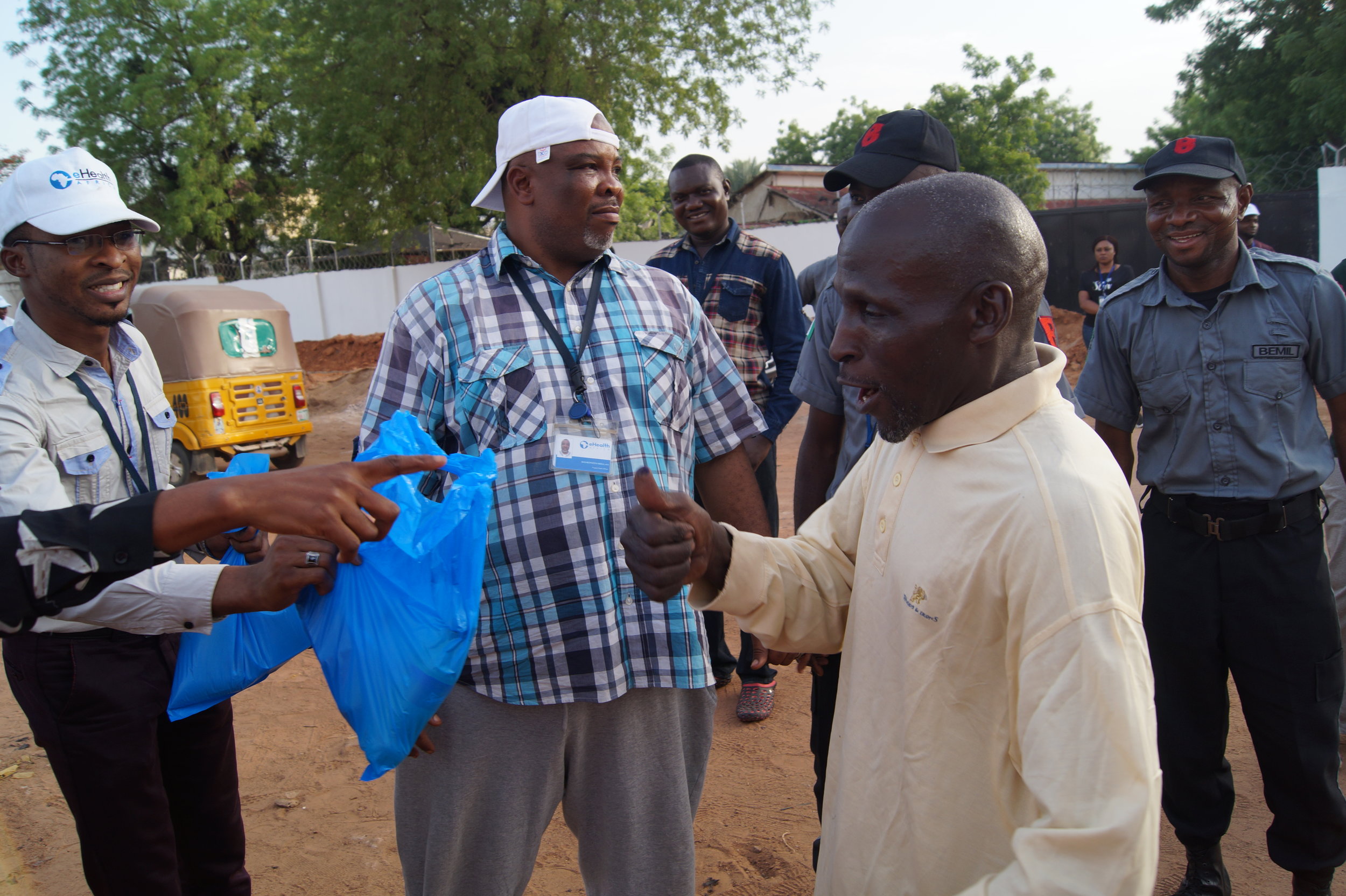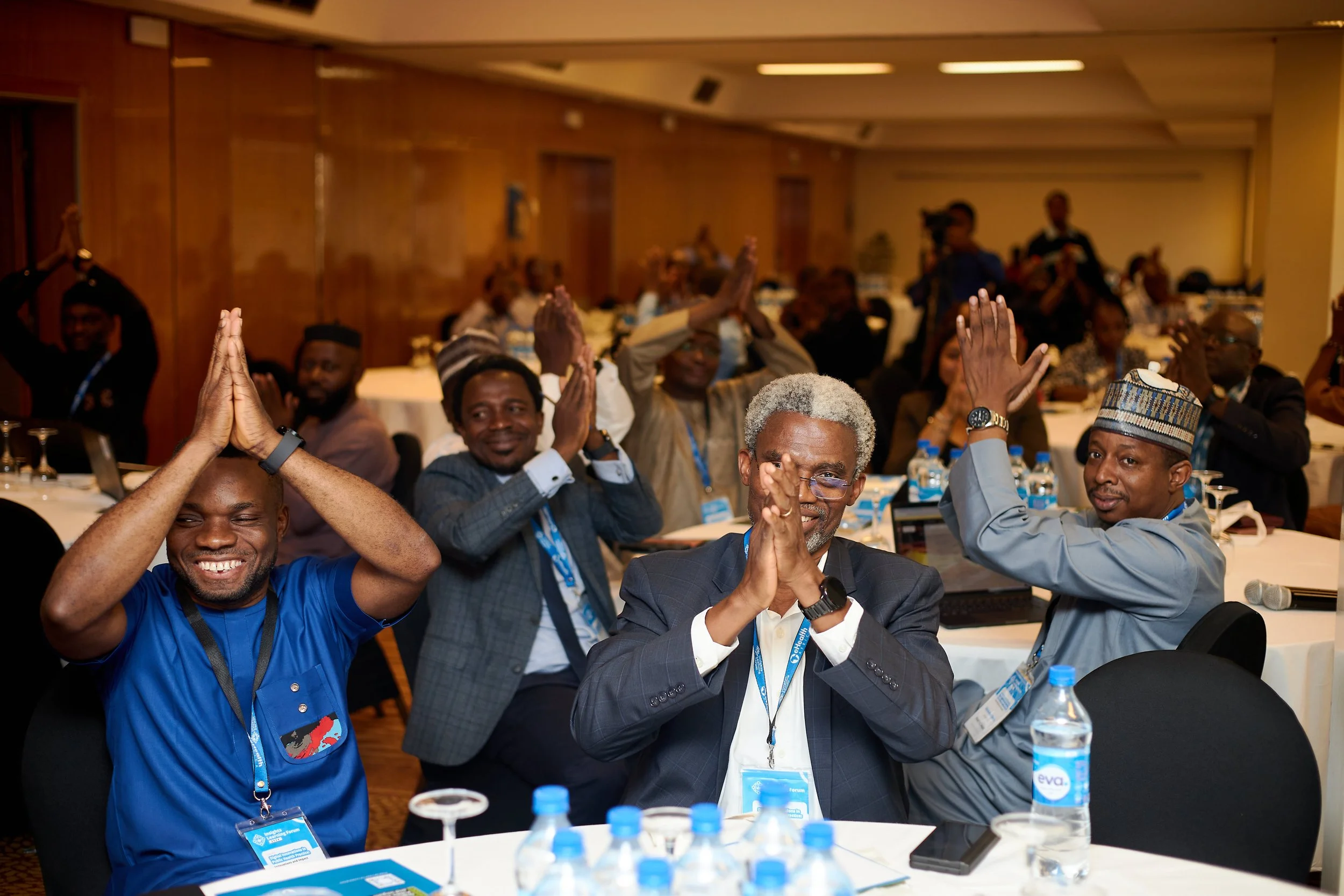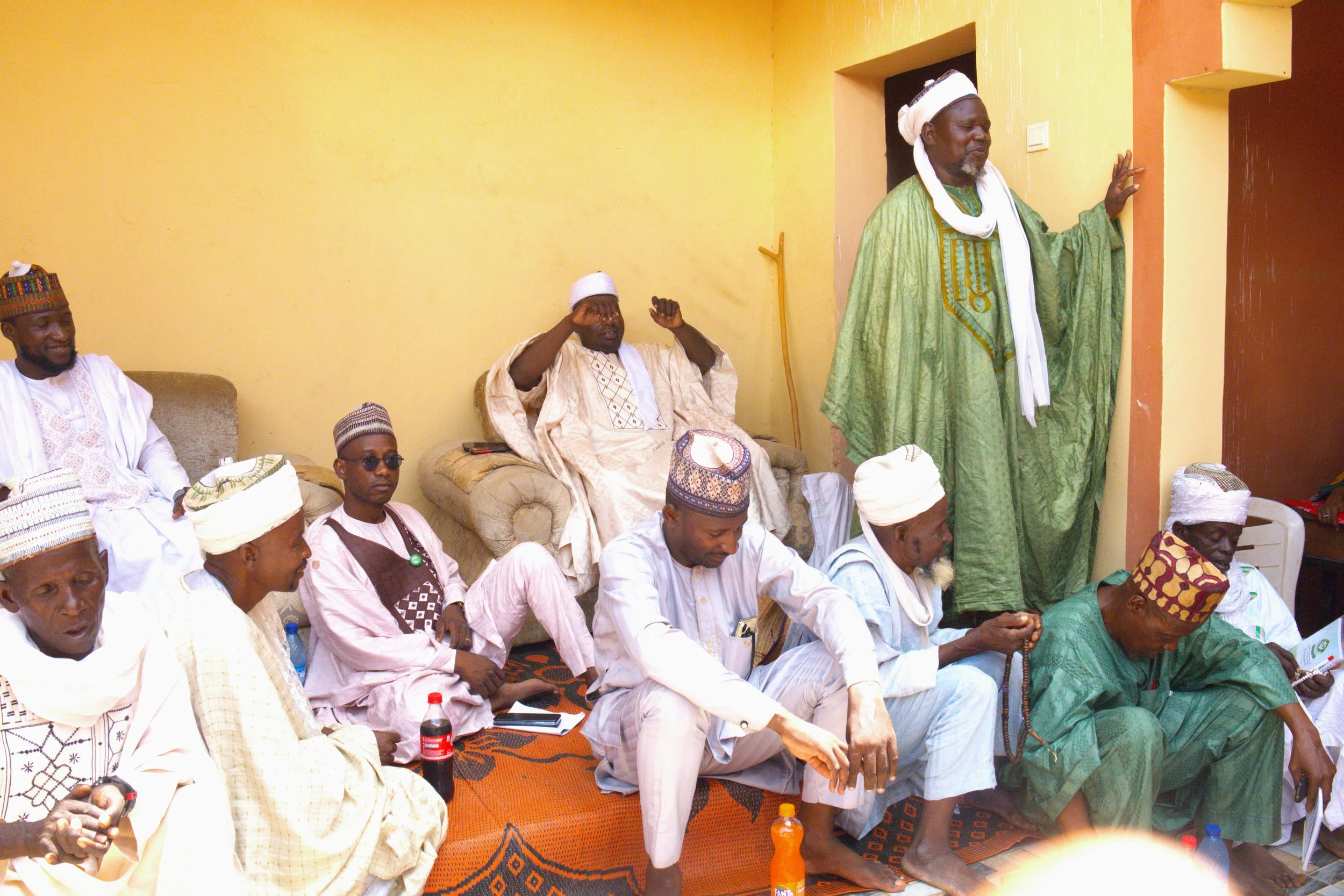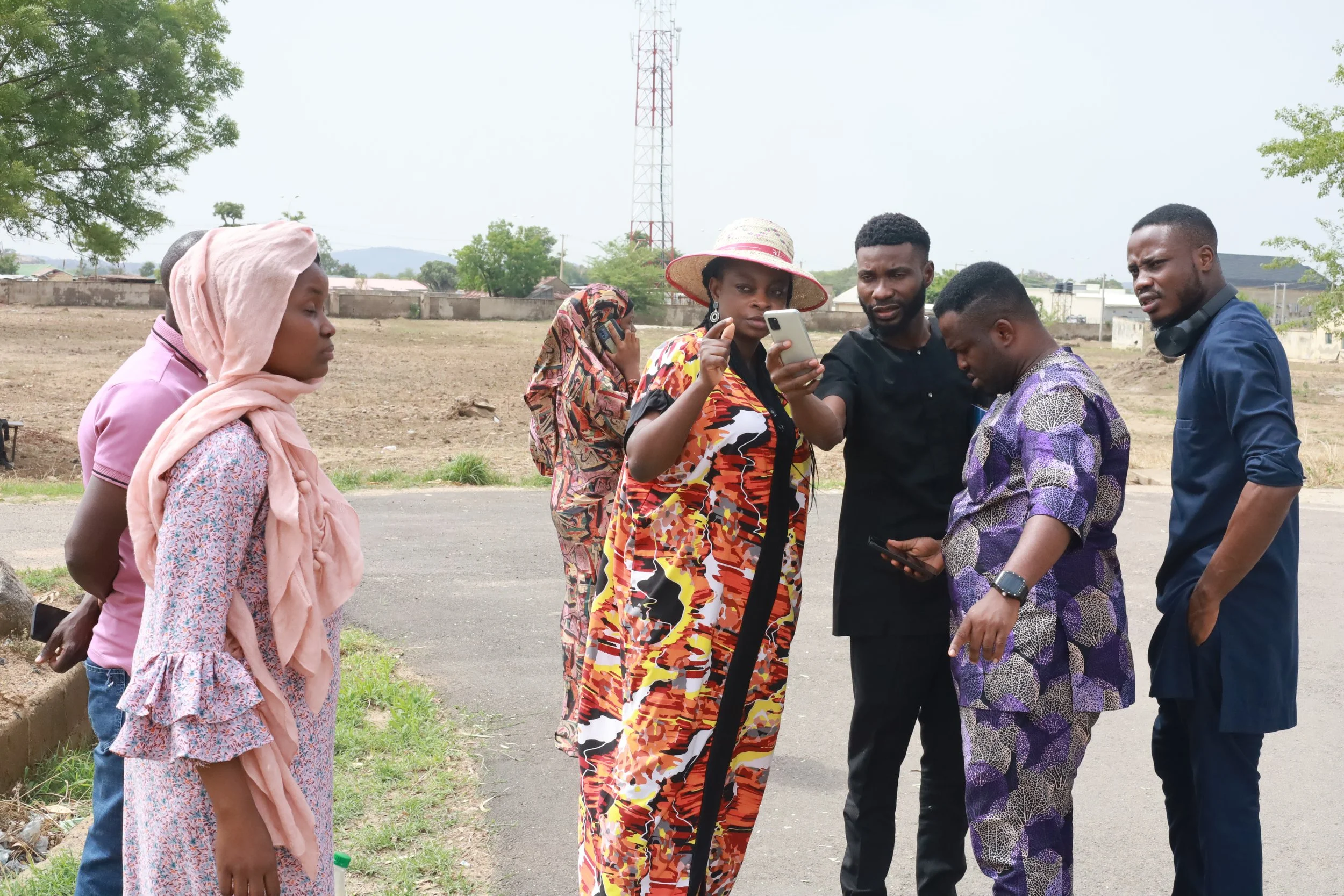Why is Monitoring & Evaluation Important?
As we saw from the case study, neglecting M &E can have dire consequences. It is important to factor it in from the inception of the project. Best practices in programming and project management suggest that an equivalent of 5% - 15% of the overall project budget should be allocated to M &E. Here are a few reasons why organizations and project managers should have a strong M & E framework in place.
1. M & E is relevant for donors to assess the quality of project implementation. In the development sector, an M &E framework is required by donors for them to gauge how reliable an organization is as a partner, before considering them for future collaborations and opportunities.
2. Together, M&E help to keep track of how efficiently projects are implemented (with regards to using resources and inputs) or how effective the programs are. This is extremely valuable for project managers like Thomas because it helps them ensure that donor funds are being used judiciously to get the best value for money.
3. M&E is also important for identifying challenges and gaps so that changes can be made as needed.
4. It allows teams to learn from each other’s experiences, and to build on expertise and knowledge.
At eHealth Africa, M & E is led by our Monitoring, Evaluation, and Research (MER) team and is built into projects from the inception to close out. The MER team supports project managers across the organization to develop solid M & E frameworks that guide project delivery according to laid down standard operating procedures. Apart from their internal quality assurance functions within projects, our MER team supports eHA’s efforts to contribute to public health research.
The team provides research services to organizations including universities and implementing partners to conduct qualitative and quantitative studies on a wide range of areas. In addition, eHA’s MER team provides third-party monitoring services for humanitarian organizations so that they can have a true picture of the quality and impact of their interventions. Recently, our MER team provided technical leadership in a baseline data survey for the Clinton Health Access Initiative (CHAI). The survey aimed to gather data relating to perceptions and practices relating to sexual and reproductive health among males and females of reproductive age in Kaduna, Katsina and Kano states. Over the course of three years, CHAI will support the state governments of Kaduna, Kano, and Katsina to increase contraceptive prevalence rates and utilization of reproductive health services, which should lead to reduced rates of unintended pregnancies and unsafe abortions. The increased use of family planning, in addition to sustained gains in the provision of quality emergency obstetric services, should lead to a further reduction in the number of maternal deaths in the same time period.
To effectively achieve this goal, a clear understanding of current levels of knowledge on reproductive health was required. First, as a baseline against which program outcomes can be measured at the end of the project, but more importantly, as a basis for which strategies for program intervention can be designed and delivered. eHealth Africa trained the data collectors to use Android-based digital applications such as ODK to collect data across 70 LGAs and supervised the data collection process.

